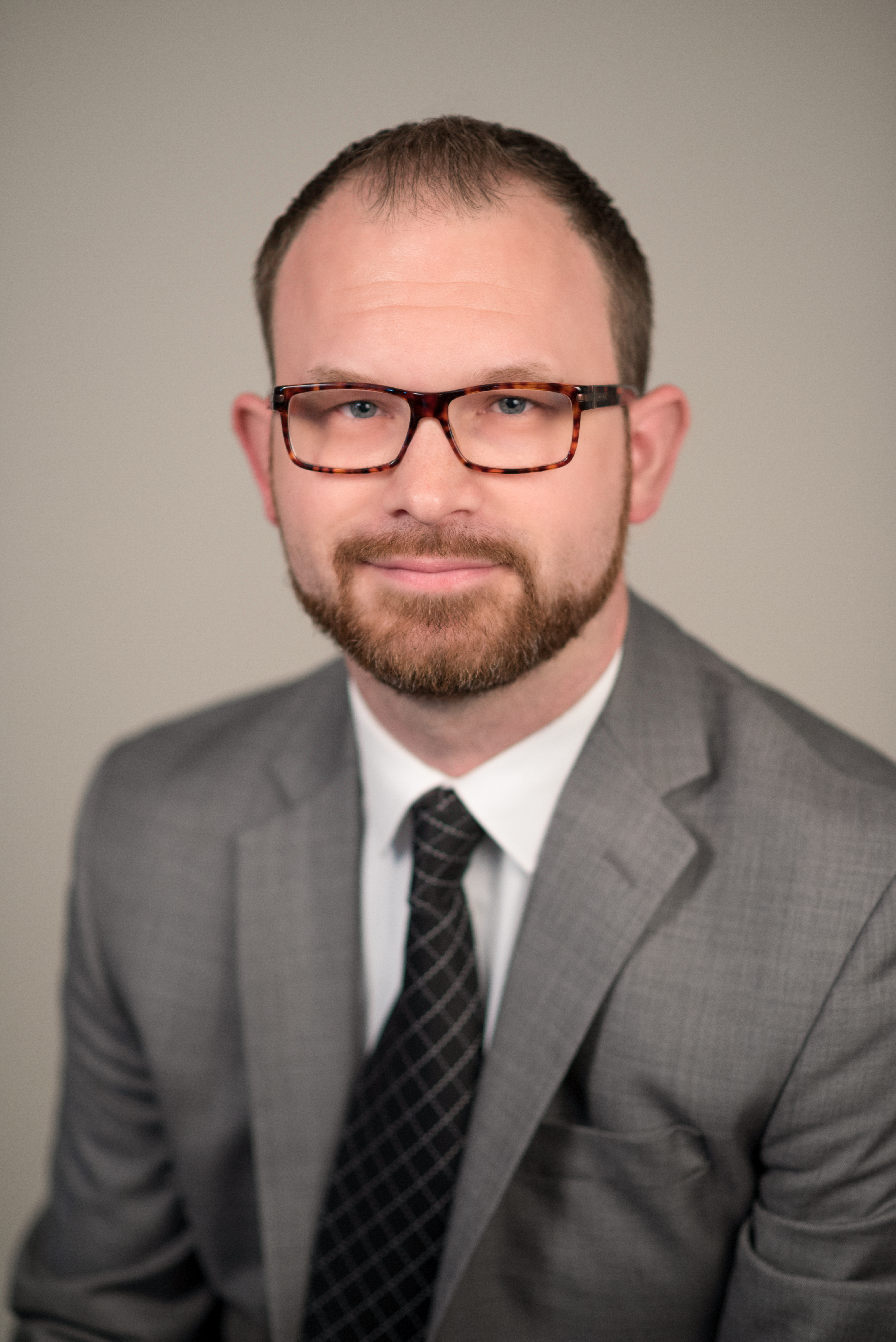There’s no better news than the coming of Israel’s king—except of course the news that he’s coming again. That Jesus Christ’s two advents are set against the backdrop of a region rarely associated with good news is ironic, but this year that irony is less obvious. Good things are happening in the Near East if you know where to look.
For starters, the Arab-Israeli Conflict™ is over. (Yes, you read that correctly.) Last year’s Abraham Accords led to the unprecedented situation in which Israel’s 6.5 million Jews now live at peace with over 200 million Arabs—that is to say, half the Arab world. While there are still Arabs who hate Jews (even inside countries formally at peace with Israel), and a few Jews who hate Arabs, the old paradigm of two nations pitted against each other for all eternity is a thing of the past. There is just as much Arab-Israeli cooperation these days as there is Arab-Israeli conflict, and the first trend is quickly overtaking the second.
Second, the Syrian war is cooling off. There is still combat in the country’s north, where Recep Tayyip Erdogan is working to crush the Kurds and annex Syrian land into Turkey, and the US-supported, Kurdish-led breakaway region in the east is blocking Bashar al-Assad’s reconquista of the country. But the vast, multi-directional bloodletting of the past ten years has largely subsided for now. Iran still maintains a dangerous footprint in the country, but Israel has been steadily shrinking that footprint while its Arab allies try to woo Assad out of the Persian fold. Time will tell if their efforts are successful, but the mere fact that they’re happening means that a page is being turned.
Third, the region’s indigenous believers are still present despite the horrors of the last two decades. Lebanon’s Christians are in great danger of losing their homeland these days, but Egypt’s Copts are still present in the millions. The Chaldeans, Syriacs, and Assyrians of northern Iraq, though greatly diminished in numbers, have resumed daily life and worship in the lands where Christian faith was first practiced. On September 12, the Assyrian Church of the East elected a new patriarch—His Holiness Mar Awa III, né David Royel from Chicago, the first Assyrian patriarch born in the West. He has chosen to keep the patriarchal seat in Erbil, honoring the Church’s roots in ancient Adiabene despite the obvious risks, Church precedent, and his Western citizenship. An interesting and less talked about corollary to the survival of ancient Christian communities is the founding of new ones as believers from South and Southeast Asia come to the Gulf in search of work and as underground churches grow in Muslim-majority countries like Iran and Turkey. Only time will tell what effect these new Christians have on the societies around them.
Fourth, the world’s greatest superpower has grown wiser in its policy toward the Islamic world. While America’s failures in Iraq and Afghanistan widened domestic divides, they also stripped US policymakers of the missionary ambition to transform Muslim-majority societies through spiritless appeals to democracy. There is danger in expecting too little from the Islamic world, but so far our error has been at the opposite end of the spectrum. The paring down of regional goals combined with growing energy independence represents an important step for a country still learning to respect the limits of its power and the autonomous identities of those beyond its reach.
The past two years have been difficult, but Advent reminds us that Christians have an advantage in perilous times. As believers in a second Advent—a supernatural return of the king and the resolution of all conflicts at the end of history—we are relieved of the impossible burden of fixing everything in our own power for all time. This eschatological hope gives us confidence in the face of chaos and allows us to look at the world pragmatically, with clear eyes. It also allows us, the appointed agents of good news, to celebrate good news wherever we find it.
This year, thank God, there’s plenty to celebrate at the heart of the world. Not peace on earth—not anywhere close—but more peace than there was last year. And we’ll take every bit we can get.






